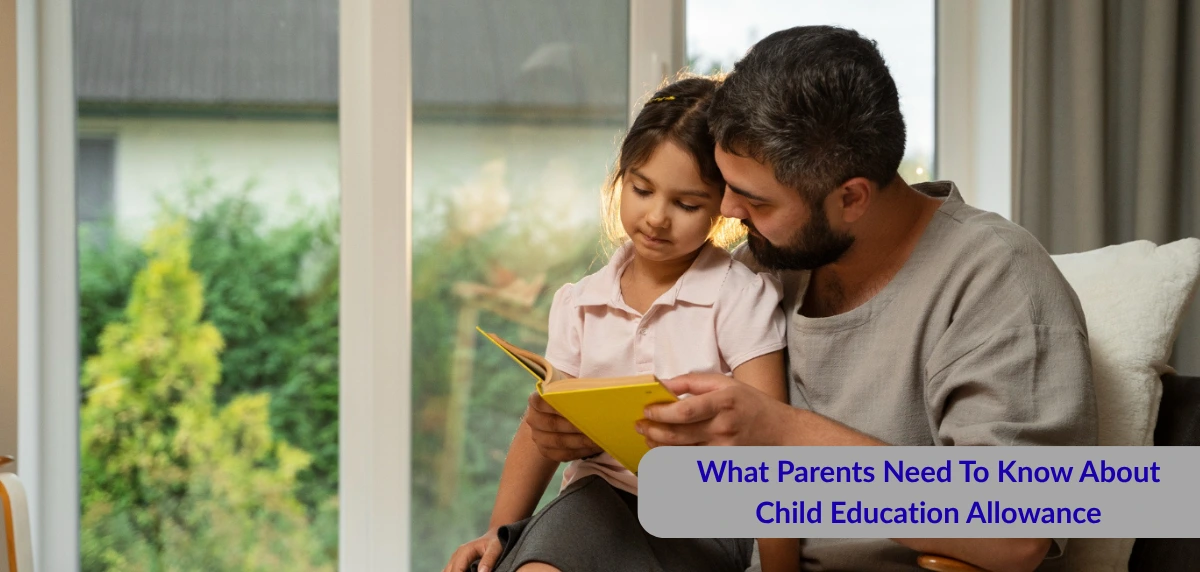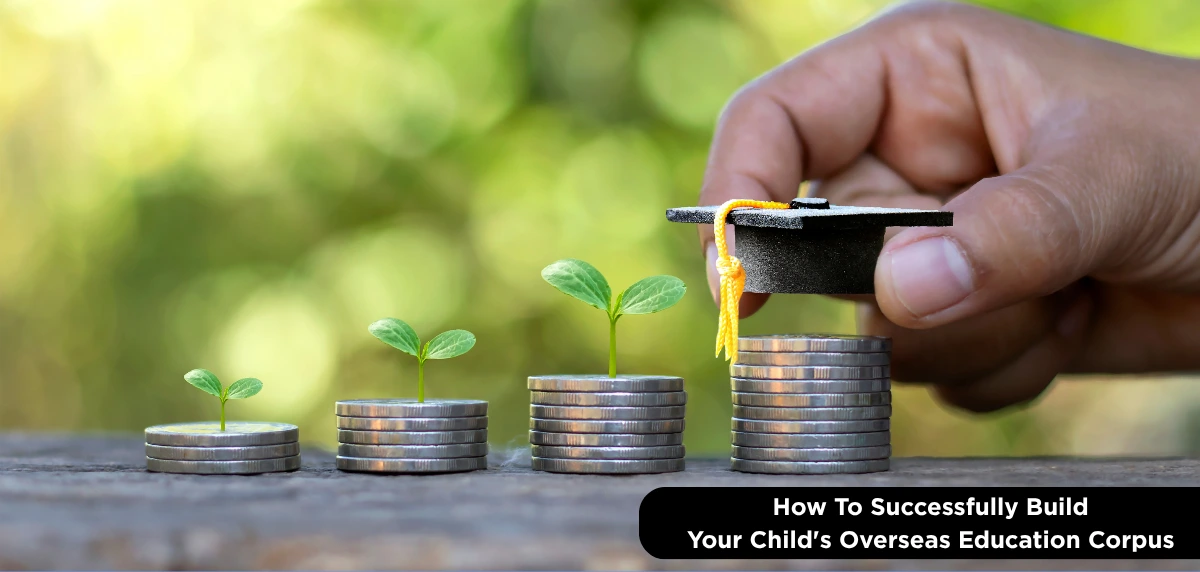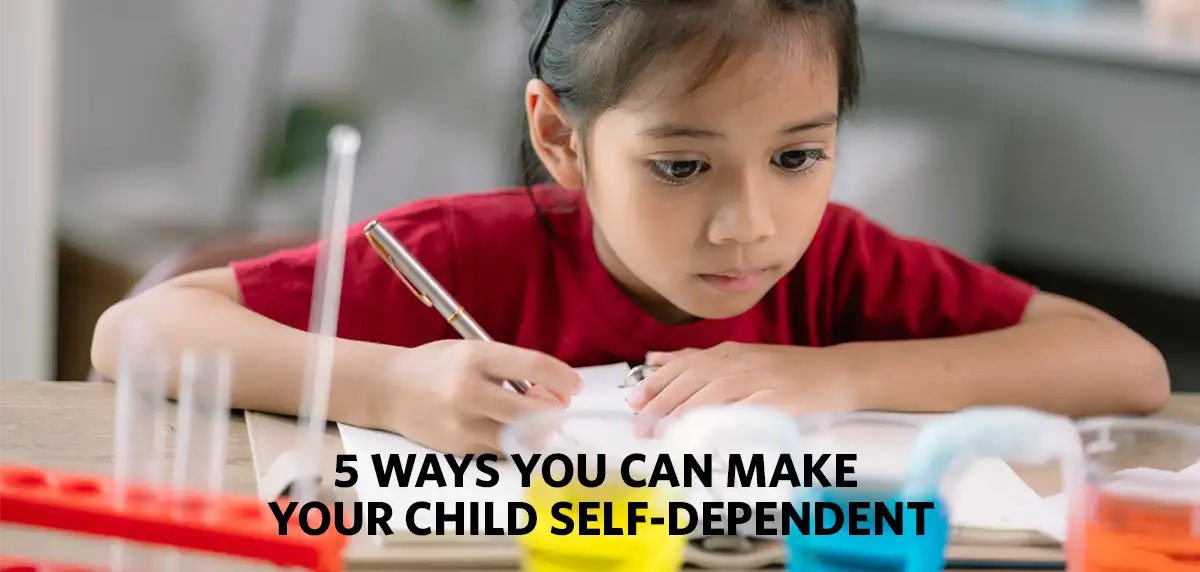As a parent, it is important that you plan for your child’s academic future. However, the rising cost of education can make it difficult for salaried professionals to manage academic expenses. To ease the burden of financial responsibility off the shoulders of parents, the government provides some relief through the children education allowance exemption. If you are a salaried individual, you may be eligible for certain tax benefits related to your child’s schooling and hostel expenses. Let’s look at this in detail.
Types of Tax Benefits Offered on Children’s Education**
The Income Tax Act offers various benefits to reduce the tax burden on parents supporting their children's education. One of the most commonly used benefits is the children education allowance (CEA) exemption, which provides relief for school and hostel expenses.
Here are the main types of tax benefits.
Children Education Allowance
A specific allowance offered to government employees for their children's education. It is exempt from income tax to an extent. Eligibility may vary based on prevalent regulations and guidelines.
Hostel Expenditure Allowance
If your child stays in a hostel, this children education allowance helps cover living expenses and is also eligible for exemption.
Section 80C Deduction
Parents can claim deductions for tuition fees paid to a school, college, or university under Section 80C of the Income Tax Act.
Let’s look at each exemption in detail.
Children’s Education and Hostel Fees Exemption**
Under children education allowance rules, salaried employees can claim exemptions on both education and hostel allowances if received from their employer.
Education Allowance
A salaried professional can claim up to ₹100 per month per child, for up to two children, as per the child education allowance limit set by the government.
Hostel Allowance
If the salaried professional is sending their child to a hostel, they can claim up to ₹300 per month per child, for up to two children.
While the amounts may seem modest, claiming the children education allowance exemptions is still worthwhile as they contribute to reducing your overall tax liability. It is important to note that the children education allowance income tax benefits are only available if the employer specifically provides these allowances as part of the salary package.
Deduction on Tuition Fees Under Section 80C**
Another key tax-saving benefit is available under Section 80C of the Income Tax Act. Parents can claim deductions for tuition fees paid for the education of their children. The deduction is allowed for tuition fees only, not for development fees, donations, or any such peripheral charges.
The maximum deduction under Section 80C is ₹1.5 lakh per year, which is shared with other eligible investments (like PF, life insurance premiums, etc.). The benefit is available for up to two children per tax-paying individual. For example, if both parents are taxpayers, each can claim the deduction separately for two children, making the total count four.
Another way parents can enjoy Section 80C benefits is by opting for a child plan, which will provide life cover to the parent and financial support at the child’s various milestones. The premiums paid towards life insurance-oriented child investment plans can be used to claim tax deductions under Section 80C.
Eligibility for Section 80C Deduction for Tuition Fees
Knowing the child education allowance eligibility conditions under Section 80C is important to ensure your claim is accepted:
- Only parents (including adoptive parents) can claim this deduction.
- The Section 80C limit is for up to two children per parent. If both parents are taxpayers, deductions can be claimed for a total of four children (two by each).
- The deduction is only applicable if the child is enrolled for full-time education at schools, colleges, or institutions located in India.
- Only actual payments made are eligible. You cannot claim deductions for fees paid in arrears during the upcoming financial year.
- The child for whom the allowance is being given can be of any age.
This deduction is different from the children education allowance and can be claimed separately from the children education allowance section.
Claiming Tax Exemption on Child Education Allowance
Here’s how both salaried and non-salaried individuals can claim these benefits.
For Salaried Individuals
- Submit tuition and hostel fee receipts to your employer at the end of the financial year.
- Declare the exemptions and deductions in Form 12BB.
- Ensure the allowances are mentioned in your salary structure to claim the children education allowance income tax benefits.
Non-salaried individuals can only claim tuition fee deductions under Section 80C.
It is important to understand that the child education allowance and tuition fee deduction are two separate benefits. You are allowed to claim both, as long as you meet the conditions. Together, they can significantly reduce your taxable income.
How a Child Plan Can Complement These Tax Savings
While children education allowance exemption and Section 80C deductions offer tax relief, a child plan is a long-term financial tool that helps you build a dedicated corpus for your child’s future. These plans, which combine insurance and investment, ensure that your child’s goals, such as higher education or studying abroad, are met even if something happens to you.
When you invest in a child plan:
- Premiums paid are eligible for deductions under Section 80C.
- Maturity benefits or payouts received by the child are often exempt under Section 10(10D). **
Tools like a child plan calculator can help you estimate how much to save based on your child’s future education needs. If you are wondering how to make your child self-dependent in your absence, proper financial planning can be a great start.
Managing your child’s education expenses can be financially demanding, but tax benefits like the children education allowance exemption and tuition fee deduction can offer welcome relief. By understanding the children education allowance rules and filing timely claims, you can maximise your tax savings while securing your child's future. These savings can be redirected towards long-term child investment plans to secure your little one’s future.
** Tax exemptions are as per applicable tax laws from time to time.
























